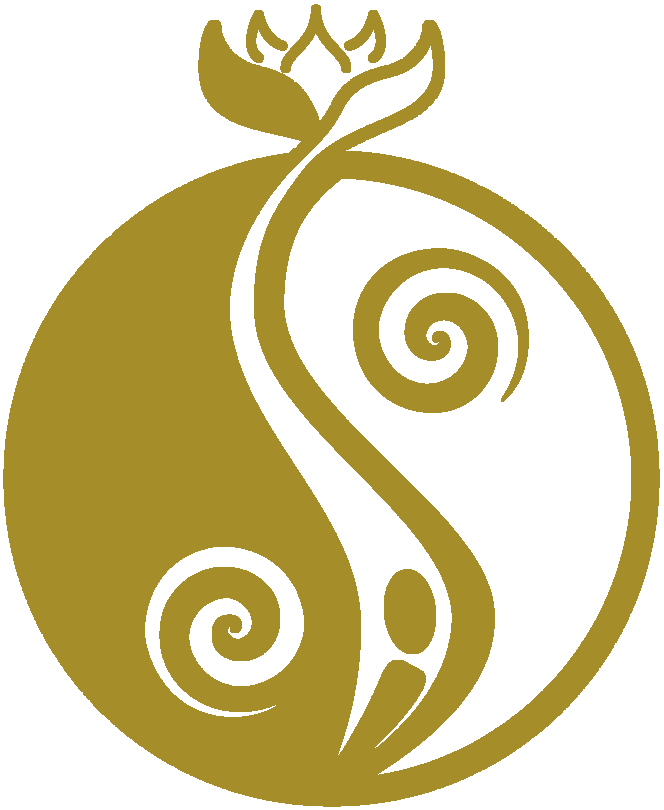Underwater relaxation

As you may have understood, relaxation is closely related to breathing.
Respiratory gymnastics is a simple and very effective tool to reduce the negative effects of shallow breathing and to relax.
Breathing is certainly an automatic action, which is influenced by our thoughts and feelings.
Relaxation, on the other hand, is a state of calm and tranquility, both physically and mentally.
However, it is an alert state and as such it should not be confused with rest, sleep, or even with a state of semi-sleep.
In the human body there are two systems that regulate the activation of the whole organism:
the ortho-sympathetic system: it is the accelerator, what makes us able to fight or escape from predators. It releases adrenaline and increases the heart rate. It energizes and moves blood from the digestive system to the muscles.
the para-sympathetic system: it is the brake, the one that decreases the heart rate and reduces the respiratory rate… In short, it implements all those modifications that serve to conserve and recover energy in the absence of danger.
The sympathetic system cannot be locked or turned off with a simple switch.
It is the result of evolution, and serves to alert man in case of danger and save his life.
Today, however, the situation is different. The enemy to escape from is not a wild animal that threatens the hut. The state of alert is given by work, economic, relational difficulties or health problems, which create a state of stress and anxiety.
To give a deceleration to our sympathetic system, it is therefore necessary to apply techniques that help to activate the para-sympathetic system.
In general, moments dedicated to oneself, to cultivate one's passions, or to sport may be enough to relax.
A walk, a hot bath, a nice massage, listening to music or reading a good book such as mine: "Zen freediver".
However, if anxiety e stress reach levels that make it difficult to live in a normal way, it is possible to try to train with special and specific relaxation techniques, which will help to control too high levels of agitation.


The most used techniques are:
Autogenic training
Born as a form of self-hypnosis, Heinrich Schultz's autogenic training is based on the imagination.
It consists in the slow repetition of a preordained sequence of formulas that induce self-relaxation.
In the first part of the training exercises of heaviness (muscle relaxation), heat, perception of heartbeat, breath, solar plexus and fresh forehead.
Then, gradually, we arrive at a state of perception of relaxation.
Among the formulas to be repeated, according to the sequence prescribed by the method: "I am absolutely calm", "my right arm is very heavy," my right leg is hot ", and so on for the other parts of the body.
Progressive muscle relaxation
Unlike autogenic training, progressive muscle relaxation (RMP) is based on alternating contraction-relaxation of certain muscle groups.
Conceived in the 1930s by the American physician and psychophysiologist Edmund Jacobson, this technique consists in creating a condition of muscle tension followed by a state of relaxation for the individual muscle groups.
Mindfulness
There mindfulness (MBSR - Mindfulness-Based Stress Reduction) is a relaxation technique that promotes stress reduction through awareness.
That is, the ability to always remain present and attentive, without being misled by negative thoughts, worries or fears.

Now that you have learned a little bit of relaxation you are ready to really relax!
What we will do today:
We will practice on the ground, in a quiet place, the technique of
Progressive Muscle Relaxation.
After a detailed communication briefing,
we will prepare the equipment, in Zen style, for then
immerse ourselves in a completely new session at sea in fact
under my supervision you will try to perform the RMP underwater.
You will see what beautiful sensations!
What you will learn:
Listen to your body
Control the individual muscles and relax them with the mind.
Trust yourself more and let yourself go.
The goal
is to reach a deeper state of relaxation,
trusting yourself and the sea more, increasing your self-esteem.
By the end of this lesson you will be ready to try underwater meditation
to become a true Zen Diver!
Cost € 120
Half day duration
SPECIAL PROMOTION EURO 60 !
Reservations:
WhatsApp Nicolò +39 3485701719





